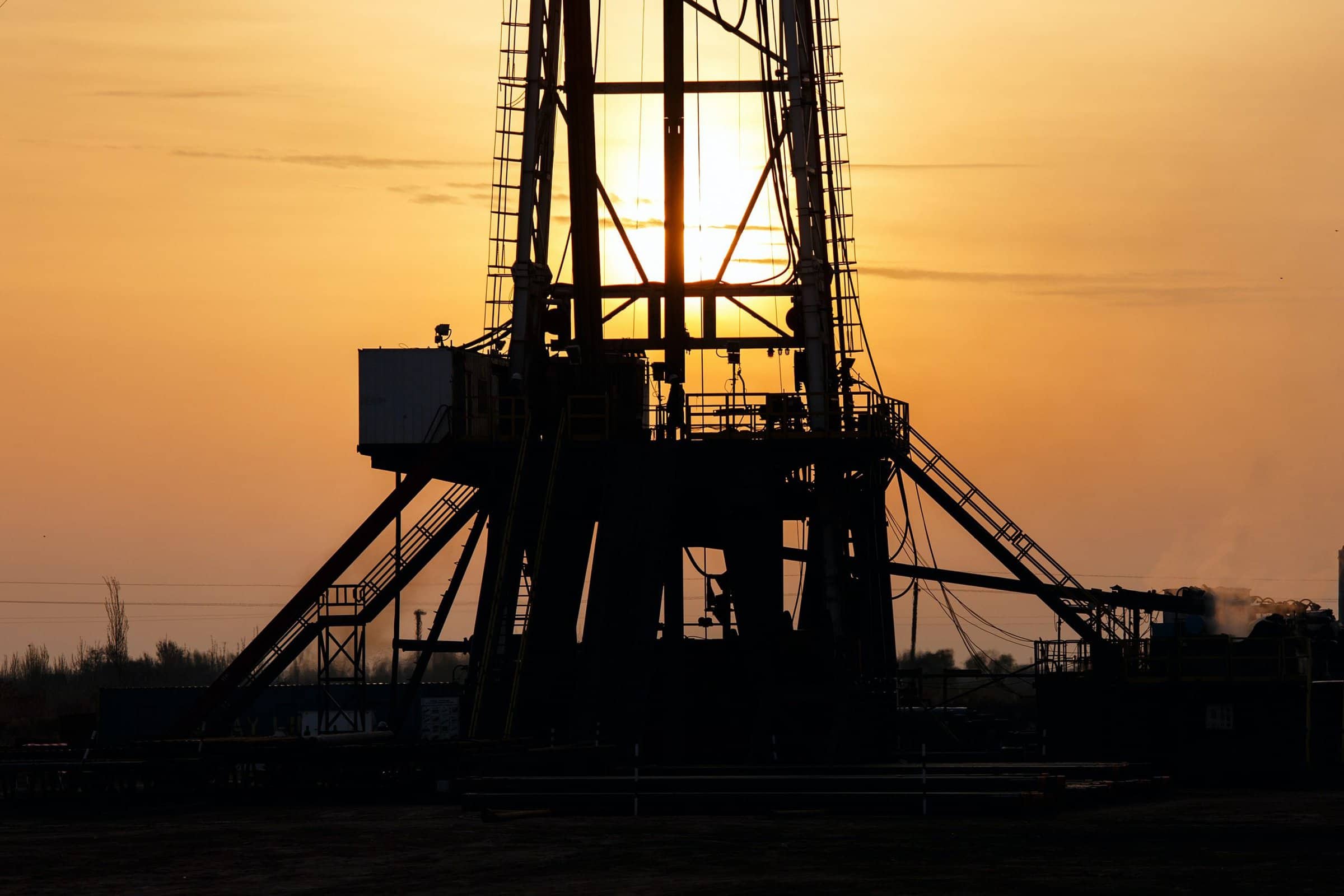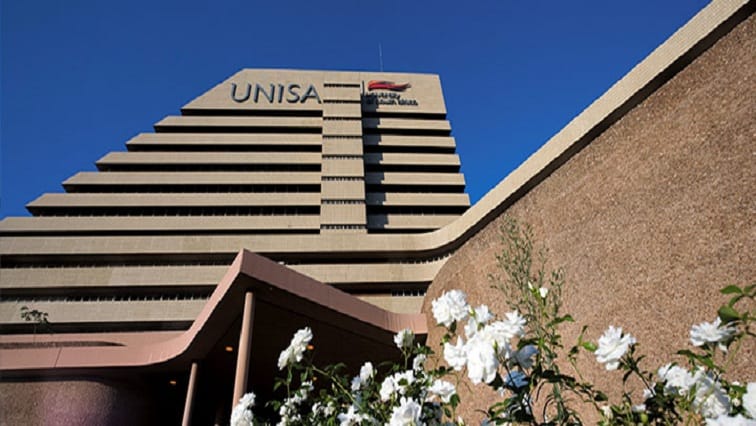Minister’s comments on fracking are misguided and concerning
Last week it was reported that the Minister of Mineral Resources and Energy, Gwede Mantashe, announced that government will request proposals to explore for shale gas in the Karoo, stating that “our transition is going to be sustainable if we access oil and gas on our shores.”
The Minister’s remarks are misguided and problematic for a number of reasons. “Using gas as a bridge fuel to a low-carbon future was a marketing ploy by the oil and gas industry that ultimately delays the large-scale adoption of renewable energy. While there is a definitive, although limited, role for gas during the transition period, we need to reduce the extraction and consumption of fossil fuels if we are serious about climate change and our international commitments. Existing productive gas fields can therefore potentially play a role. Exploring for and developing new and additional oil and gas reserves are directly at odds with this reality and risks the likely scenario of catastrophic climate change, and/or stranded assets in future,” says Jonathan Deal, from the Treasure Karoo Action Group (TKAG).
“Unconventional onshore gas extraction – such as shale gas extracted through fracking – is not only a much more extensive, risky, expensive and resource intensive venture compared to conventional gas extraction, but negative impacts will be borne by local communities – most of which rely entirely on groundwater. South Africa is considered not only as a water-scarce country, but also a climate change hotspot,” Deal said.
Lambert de Klerk, AfriForum’s Manager of Environmental Affairs, said that AfriForum and TKAG will continue their opposition to shale gas extraction in South Africa. “After ten years, this will be a nail-biting battle and it is up to local communities to stand together against this great risk as they have with the e-Toll saga. This government has proven itself incapable of running even day-to-day services, but now they want to tackle a complicated and dangerous technology run by profiteers.”
“Furthermore, the Minister’s comments were made while critical research, information, legislative developments and groundwork are still outstanding on several matters, including the receiving environment in the Karoo. The Department of Water and Sanitation, as well as the Department of Forestry, Fisheries and the Environment released draft regulations around the environmental management of onshore oil and gas activities during the past year. These are still being processed. No baseline studies have been completed, nor has additional capacity for monitoring and enforcement been established, or gaps in current knowledge been addressed after being pointed out by, among other scientific studies, the Strategic Environmental Assessment (SEA),” Deal continued.
“To date, there is no accurate estimate available of the size of the potential reserve in the Karoo basin and it is common for reserve estimates to ultimately turn out to be a fraction of the initial claimed amounts. Once exploration commences and gas is encountered, it is highly unlikely for government to halt the process over environmental concerns. The Minister and the national government are standing at a cusp of an irreversible decision. Once this process starts, it will be near-impossible to undo the damage or control the ensuing scramble for fossil fuels on our country. It is simply not worth the risk,” Deal concluded.
AfriForum and the TKAG remains committed to ensuring responsible and science-based decision-making in relation to shale gas in South Africa.











